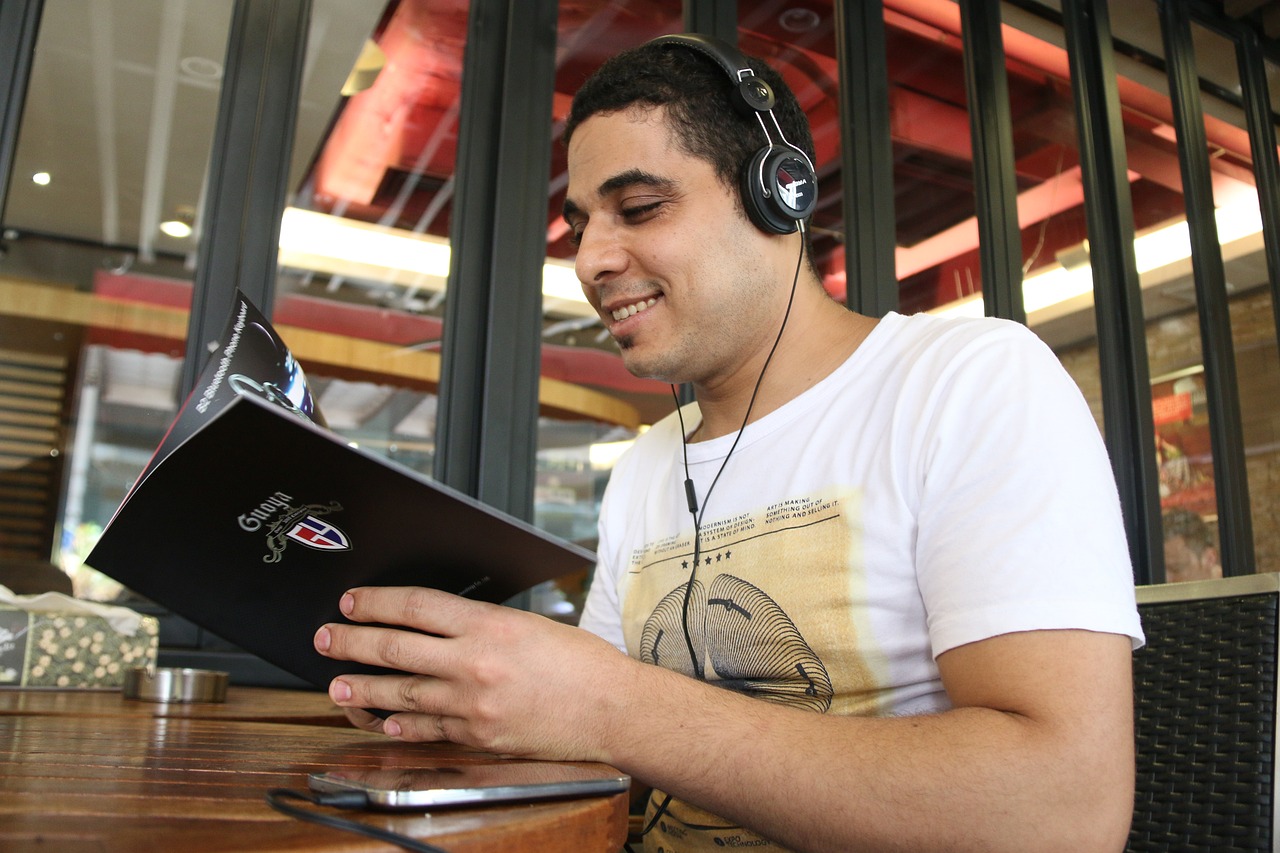Exploring the Benefits of Debate Clubs for After-School Communication Skills: 11xplay online, Gold365 com, Skyfyer
11xplay online, gold365 com, skyfyer: Debate clubs are a fantastic way for students to hone their communication skills outside of the classroom. These clubs provide a platform for students to engage in lively discussions, refine their public speaking abilities, and learn how to construct coherent arguments. In this blog post, we will explore the numerous benefits of participating in debate clubs for after-school communication skills.
Building Confidence
One of the most significant advantages of joining a debate club is the boost in confidence that students experience. Through practice and feedback from peers and coaches, participants learn how to present their ideas in a clear and convincing manner. This enhanced self-assurance can translate into other areas of a student’s life, such as classroom presentations, job interviews, and social interactions.
Developing Critical Thinking Skills
Debating requires participants to think critically about complex issues, consider multiple viewpoints, and formulate logical arguments to support their position. By engaging in debate discussions, students learn how to analyze information, evaluate evidence, and make informed decisions. These critical thinking skills are valuable assets that can be applied to academic studies, problem-solving tasks, and real-world challenges.
Enhancing Communication Skills
Debate clubs help students improve their communication skills in various ways. Participants learn how to articulate their thoughts effectively, listen attentively to others, and respond thoughtfully to opposing arguments. Additionally, debates encourage students to use persuasive language, engage in respectful dialogue, and adapt their communication style to suit different audiences. These communication skills are essential for success in school, work, and personal relationships.
Fostering Collaboration and Teamwork
Debate clubs promote collaboration and teamwork among participants. Students work together to research topics, develop arguments, and refine their strategies for debates. By collaborating with their peers, students learn how to communicate effectively in group settings, respect diverse opinions, and resolve conflicts constructively. These teamwork skills are crucial for success in group projects, collaborative work environments, and collective decision-making processes.
Expanding Knowledge and Awareness
Participating in debate clubs exposes students to a wide range of topics, perspectives, and ideas. Through research, preparation, and participation in debates, students acquire new knowledge, deepen their understanding of complex issues, and broaden their awareness of global challenges. This exposure to diverse viewpoints helps students develop empathy, tolerance, and open-mindedness, which are essential qualities for effective communication and positive social interactions.
Promoting Leadership Skills
Debate clubs provide opportunities for students to take on leadership roles, such as team captain, debate coach, or event organizer. By assuming these responsibilities, students learn how to lead and motivate their peers, delegate tasks, manage deadlines, and make decisions under pressure. These leadership skills are valuable for future success in academic, professional, and community settings.
FAQs:
Q: How can I join a debate club?
A: You can inquire about debate clubs at your school, university, or community center. Many educational institutions and organizations offer debate clubs as extracurricular activities for students.
Q: Do I need prior experience to join a debate club?
A: No, most debate clubs welcome participants of all experience levels, from beginners to experienced debaters. Club members receive training, guidance, and support to help them develop their debate skills.
Q: What are the benefits of participating in debate competitions?
A: Debate competitions provide a platform for students to showcase their skills, challenge themselves against other debaters, and receive constructive feedback from judges. Competing in debates can boost students’ confidence, enhance their communication skills, and foster camaraderie with fellow debaters.
In conclusion, debate clubs offer numerous benefits for after-school communication skills, such as building confidence, developing critical thinking skills, enhancing communication skills, fostering collaboration and teamwork, expanding knowledge and awareness, and promoting leadership skills. Students who participate in debate clubs can improve their communication abilities, broaden their horizons, and prepare themselves for success in academic, professional, and social contexts. If you’re looking to enhance your communication skills and embark on an exciting intellectual journey, consider joining a debate club today!







